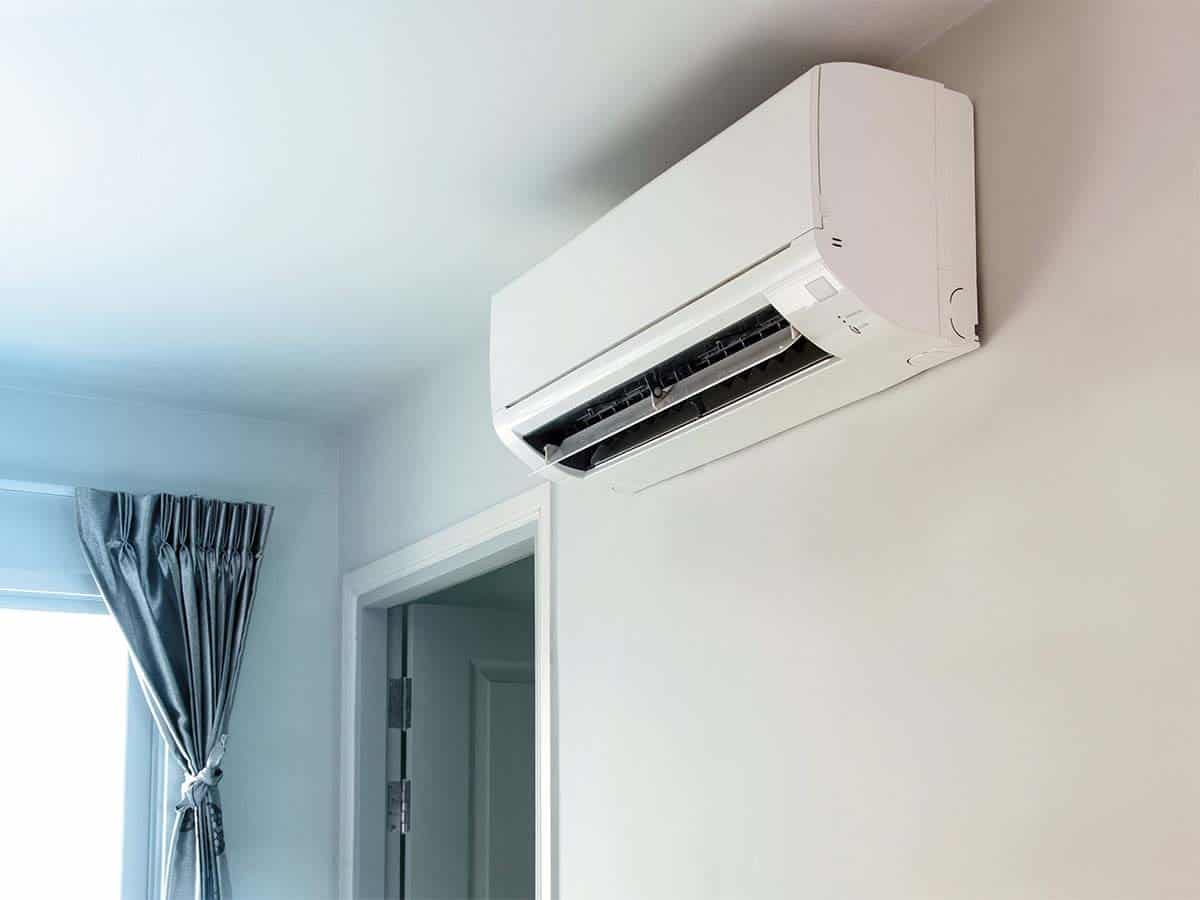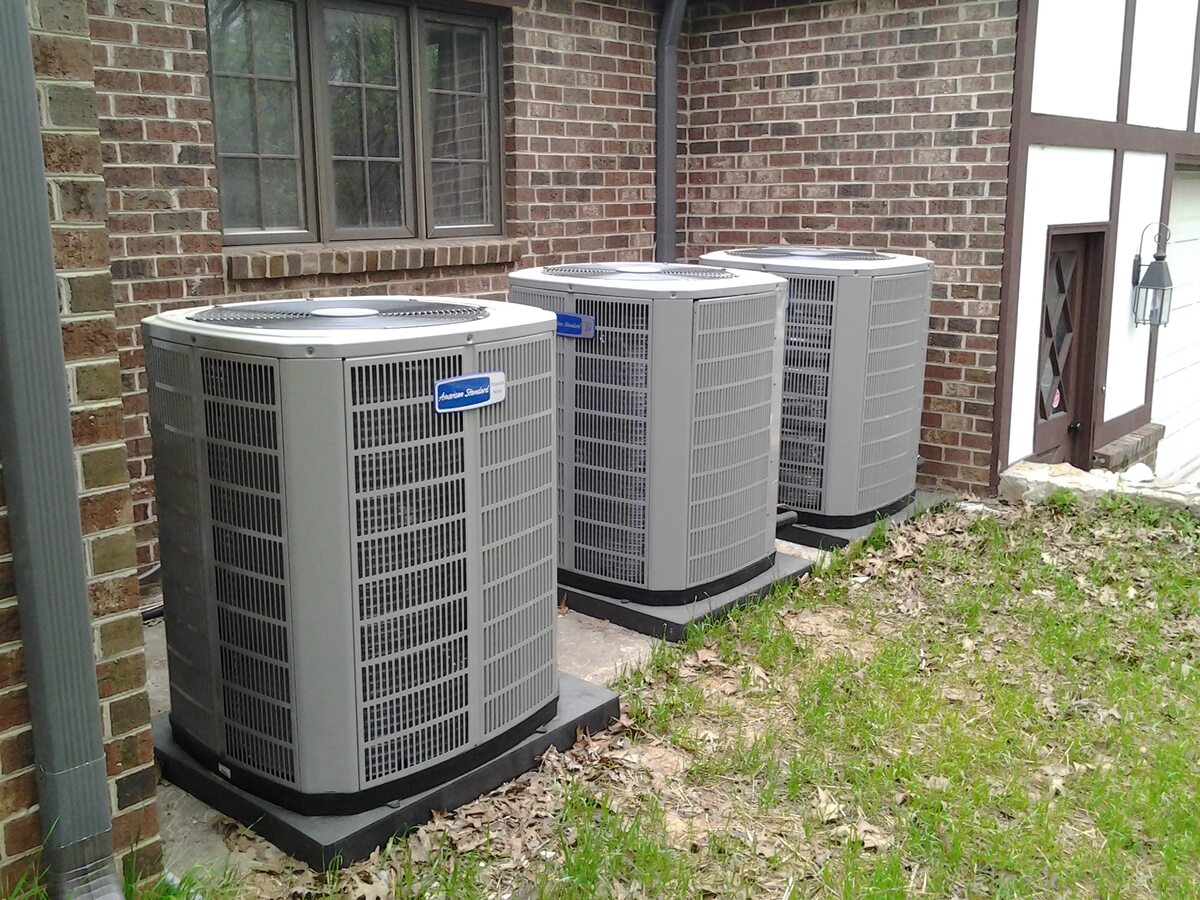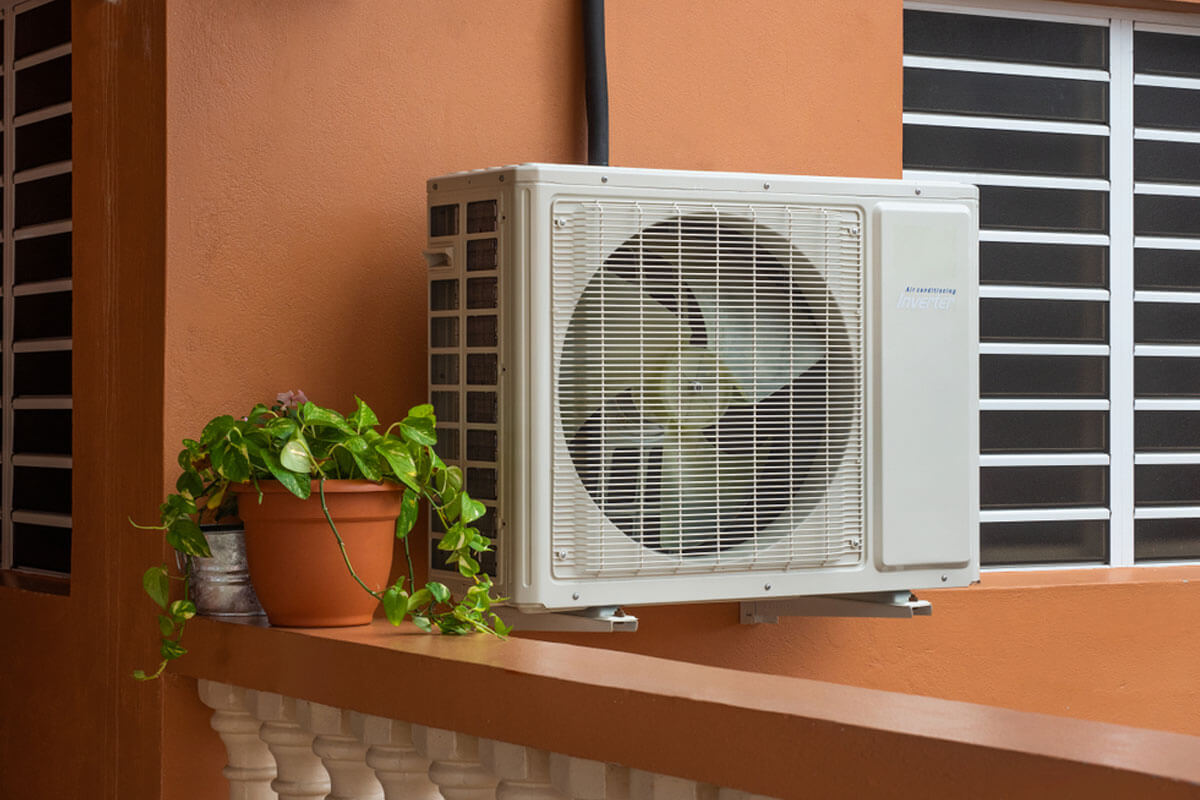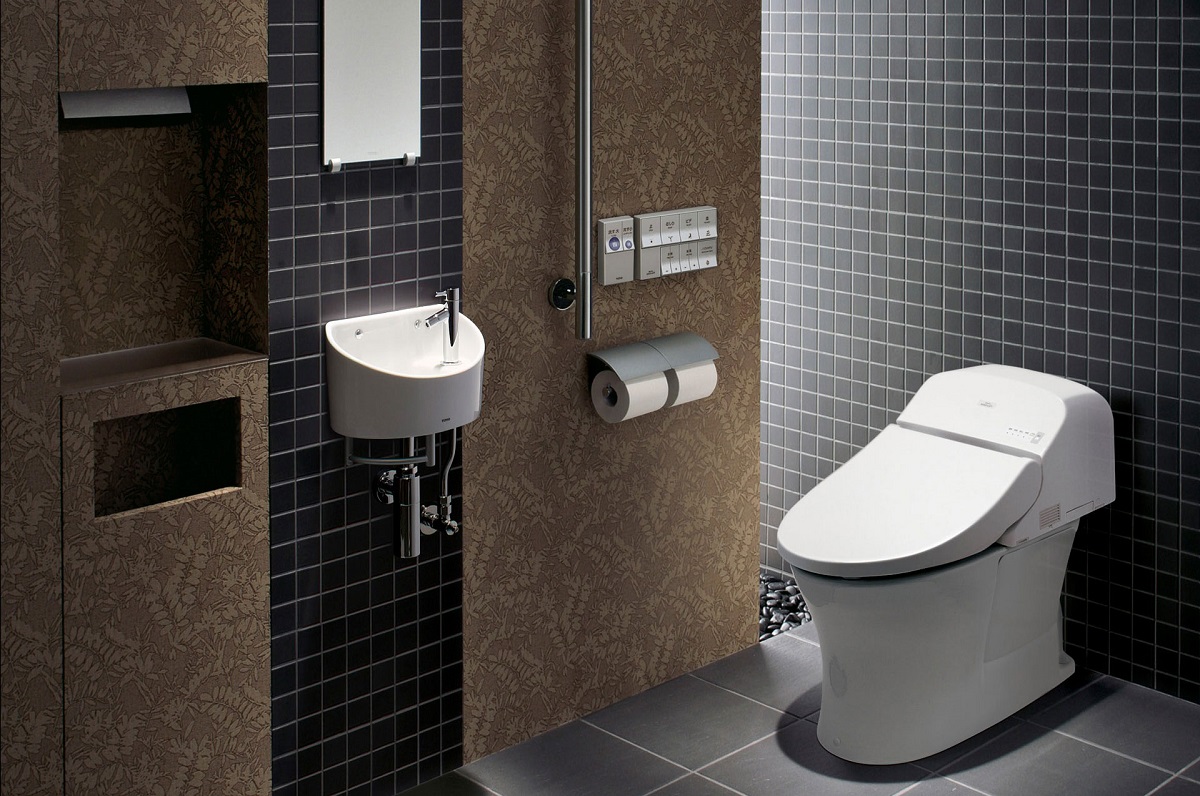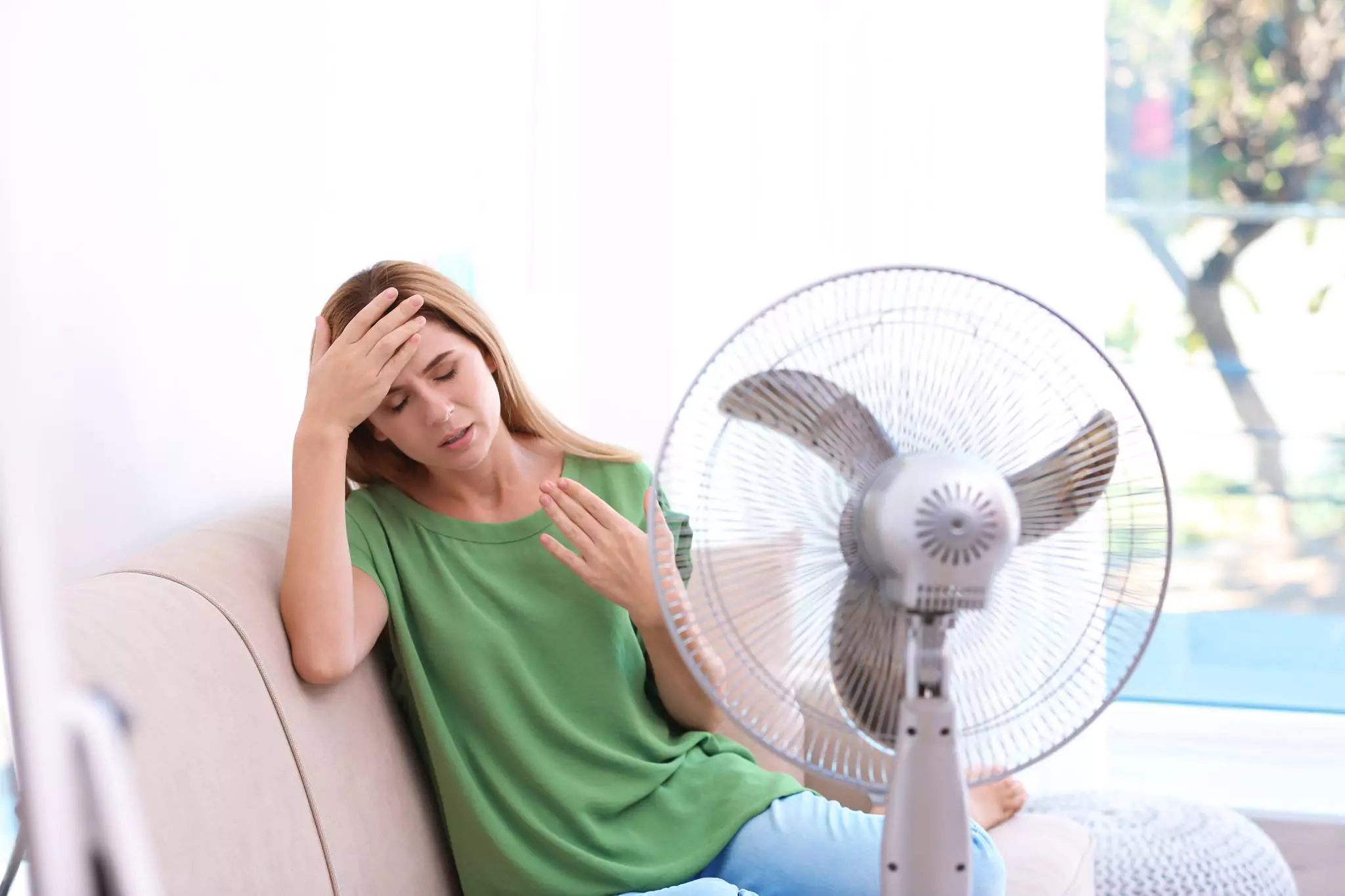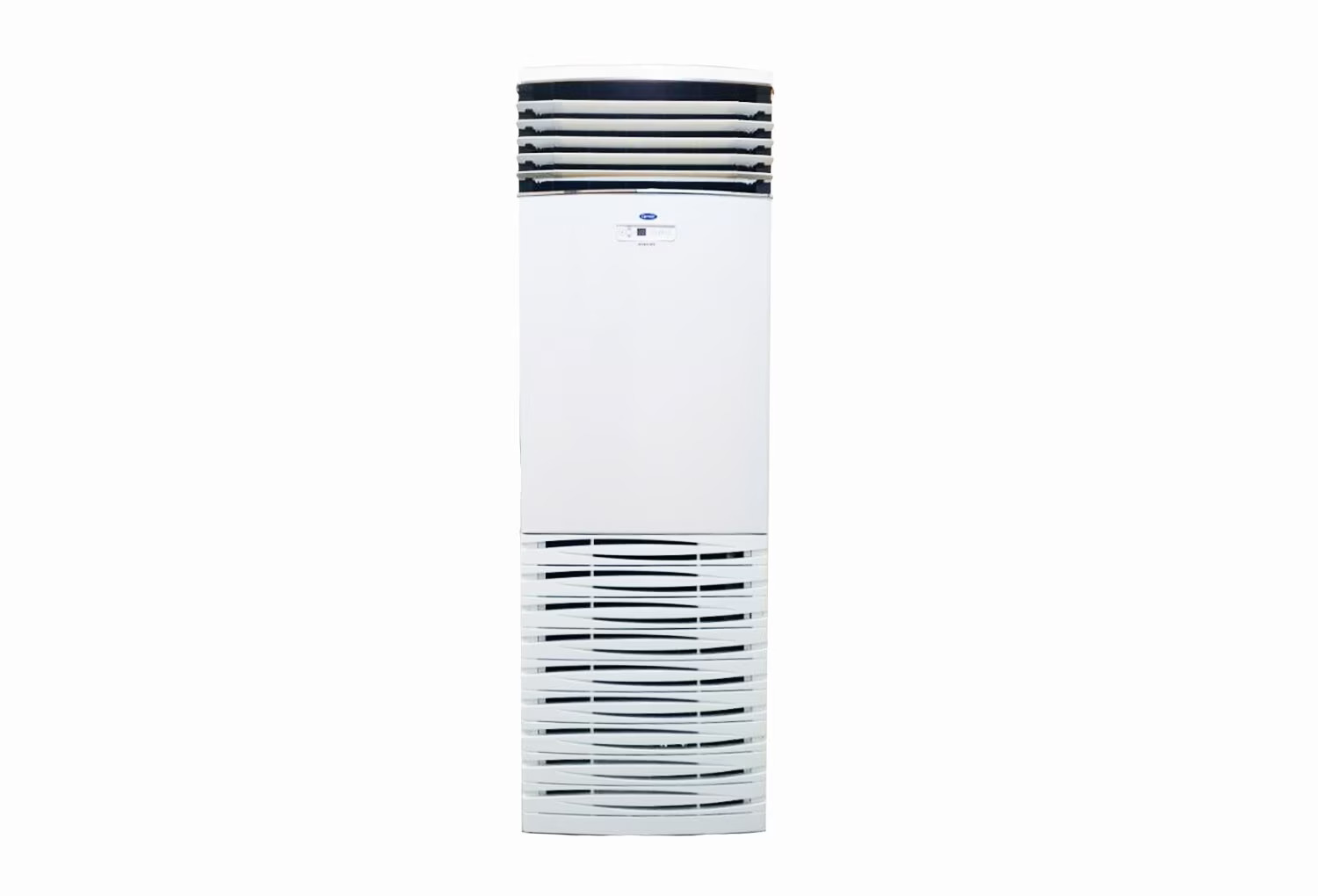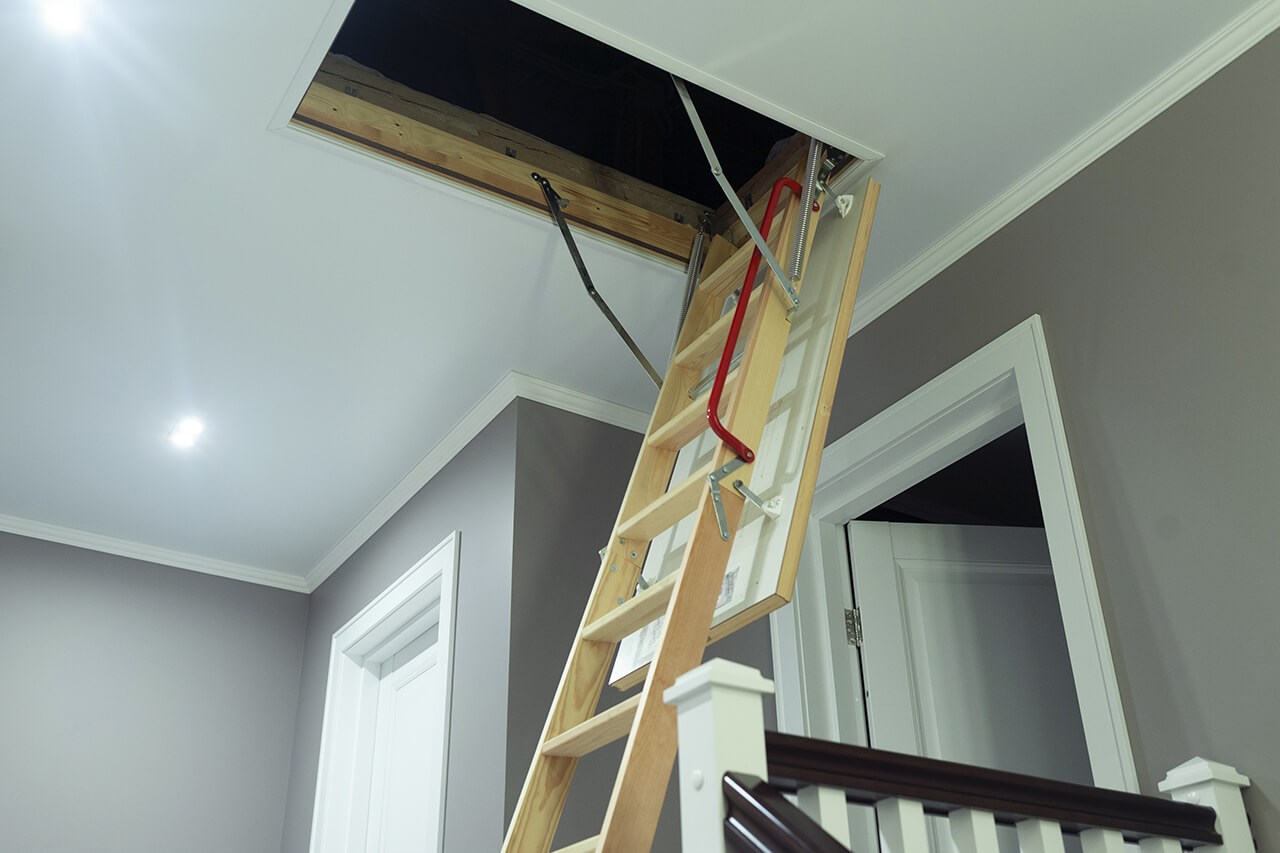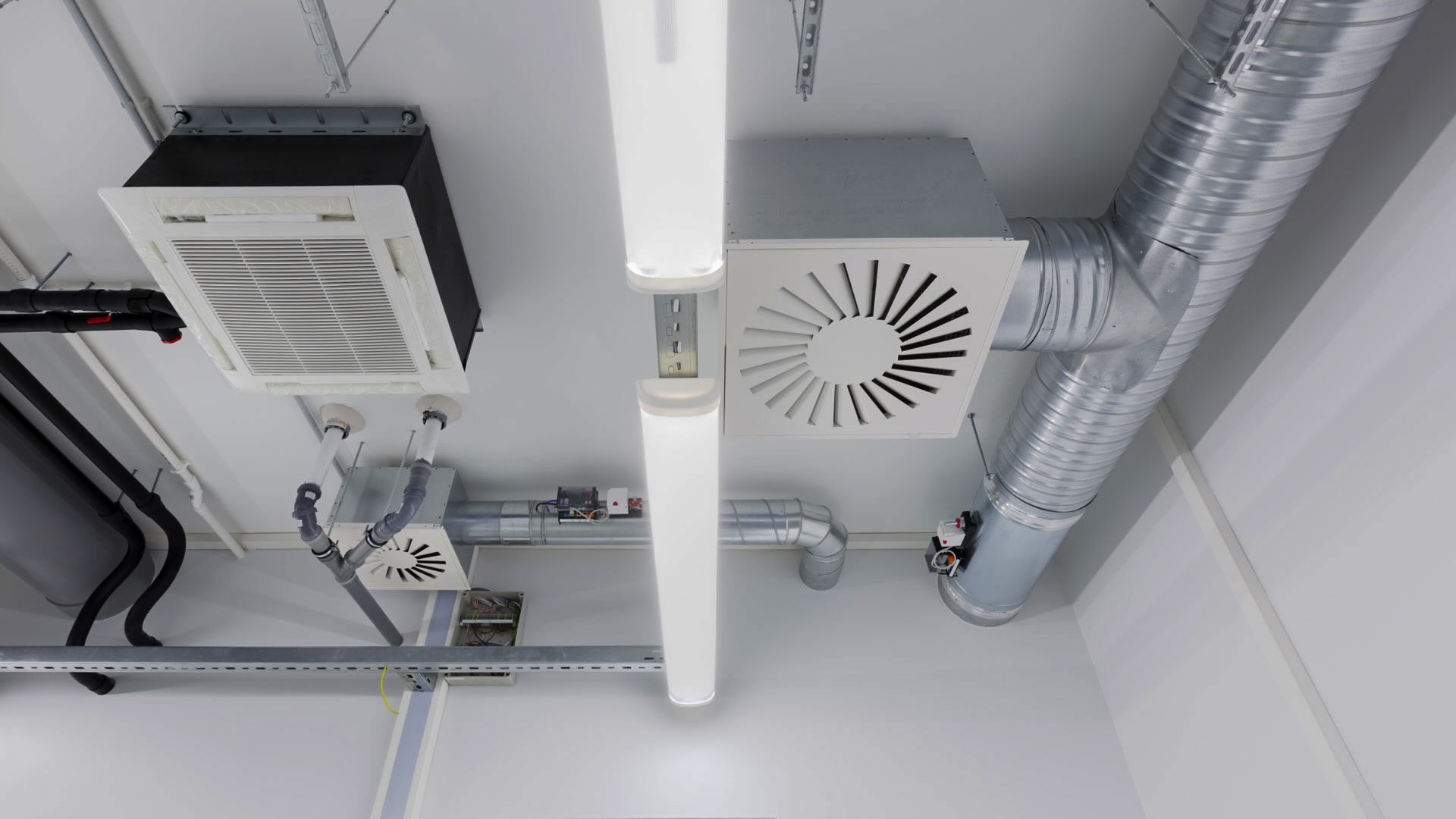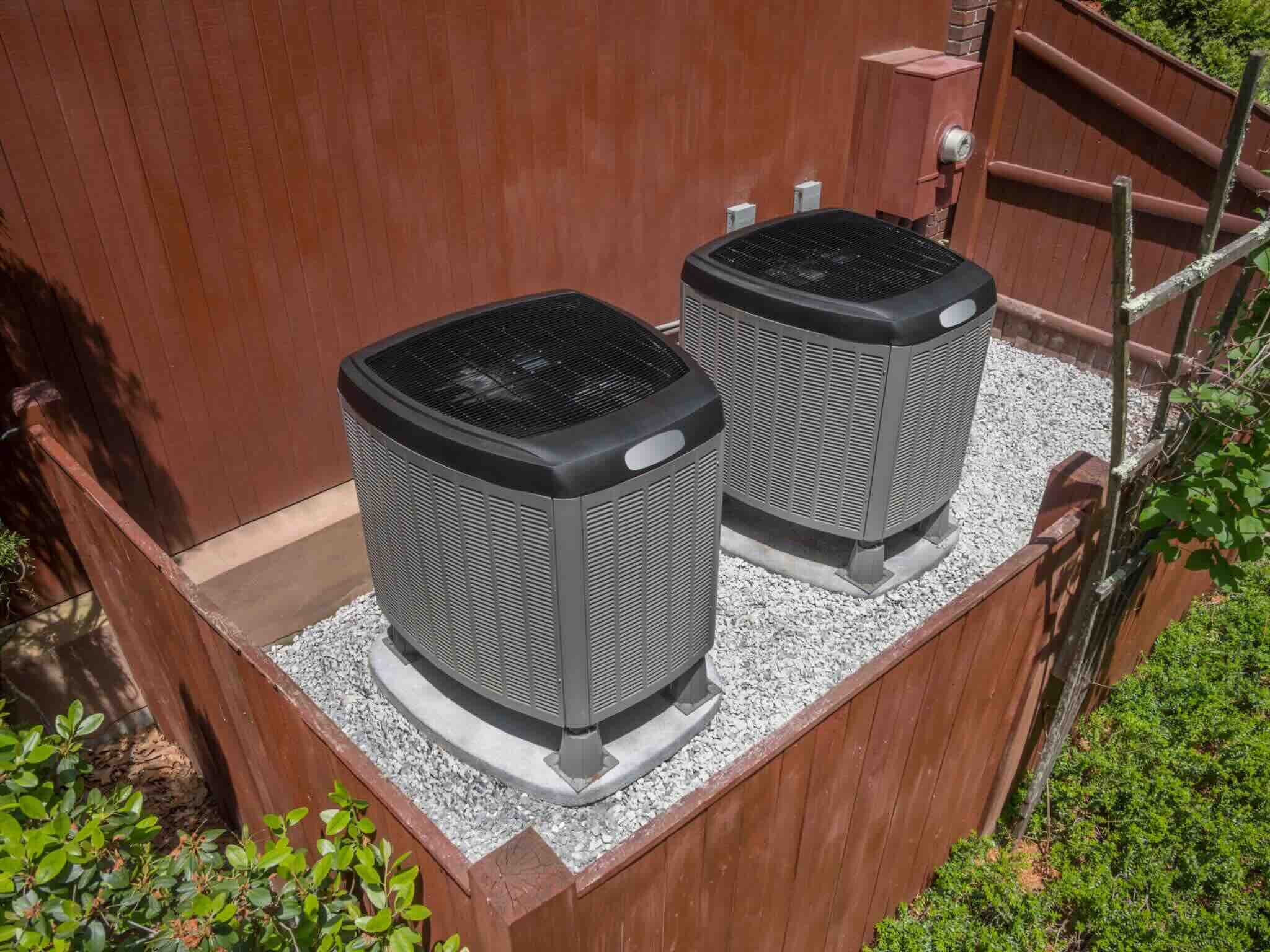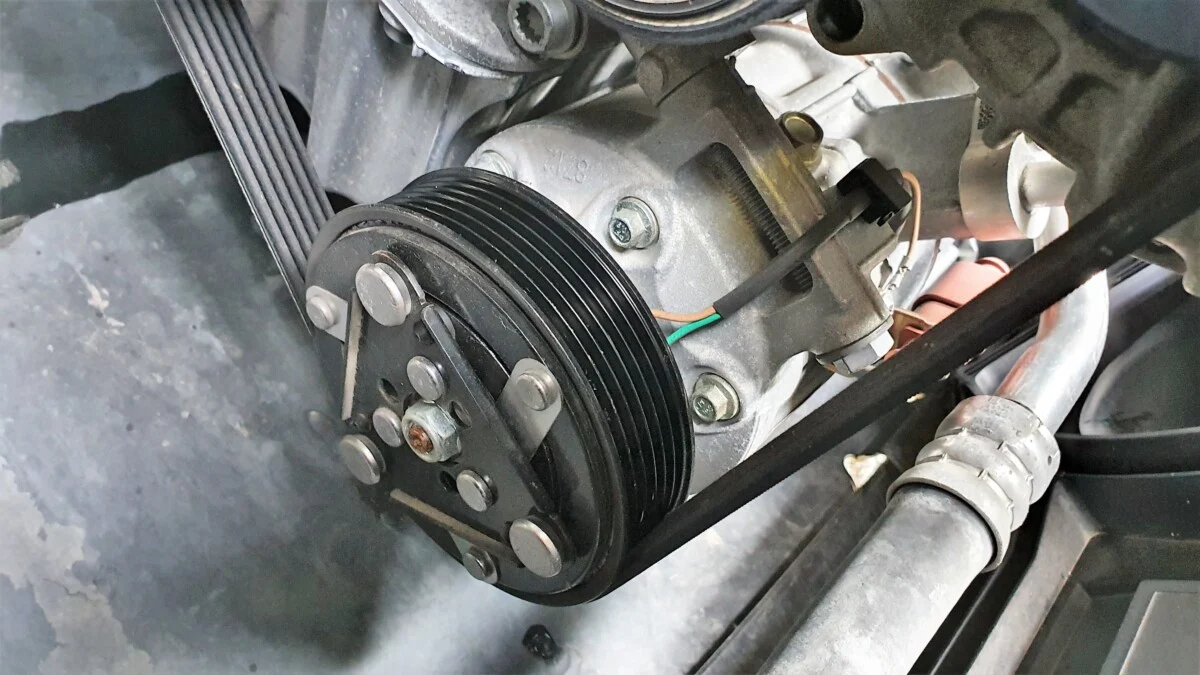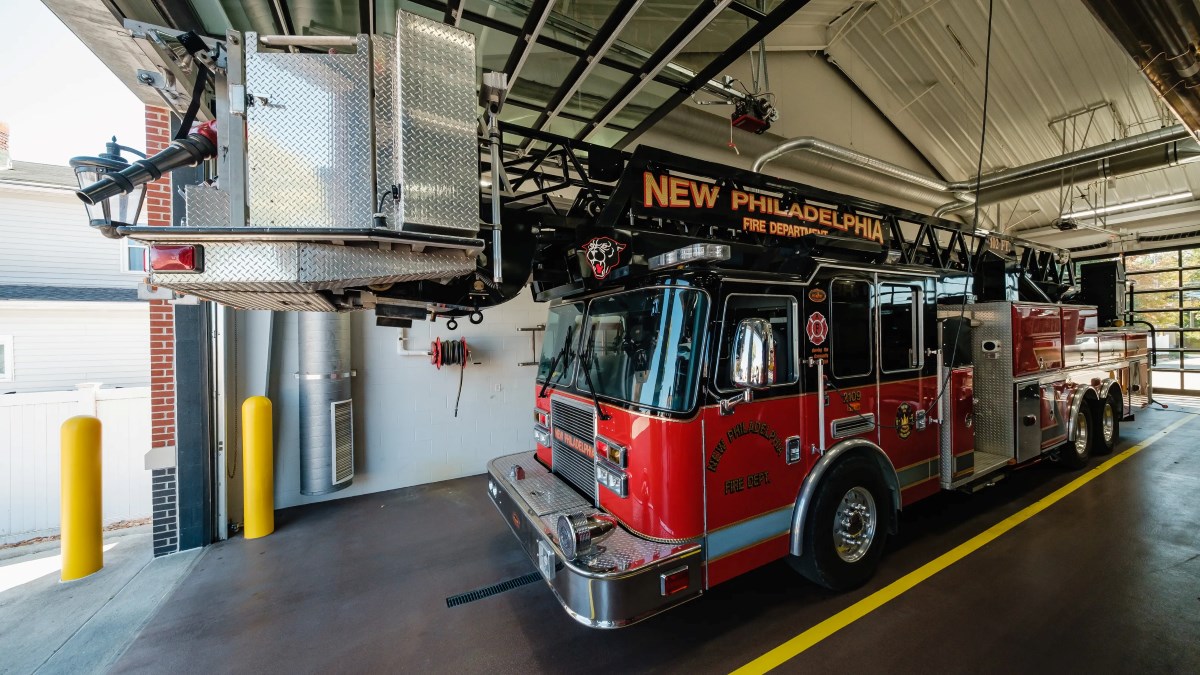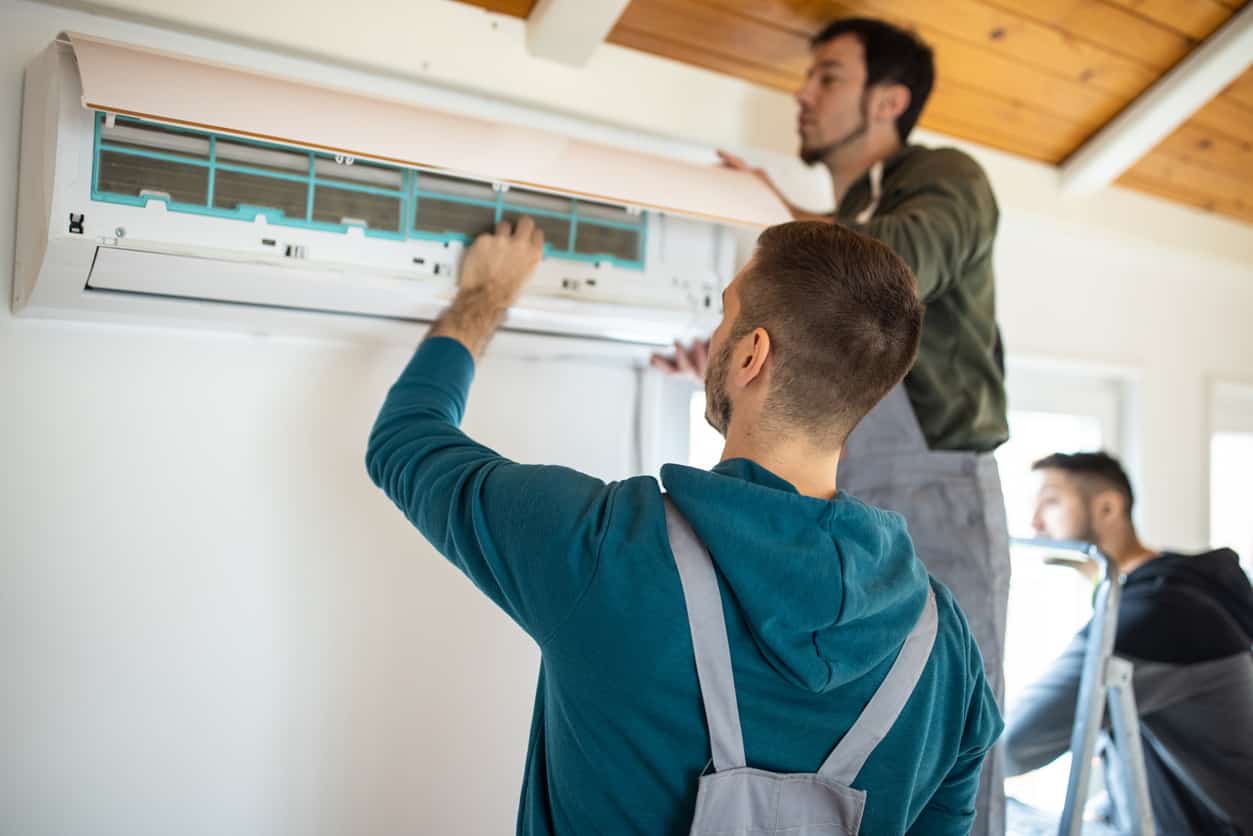Home>Home Maintenance>How Much Does Air Conditioning Cost In The UK?
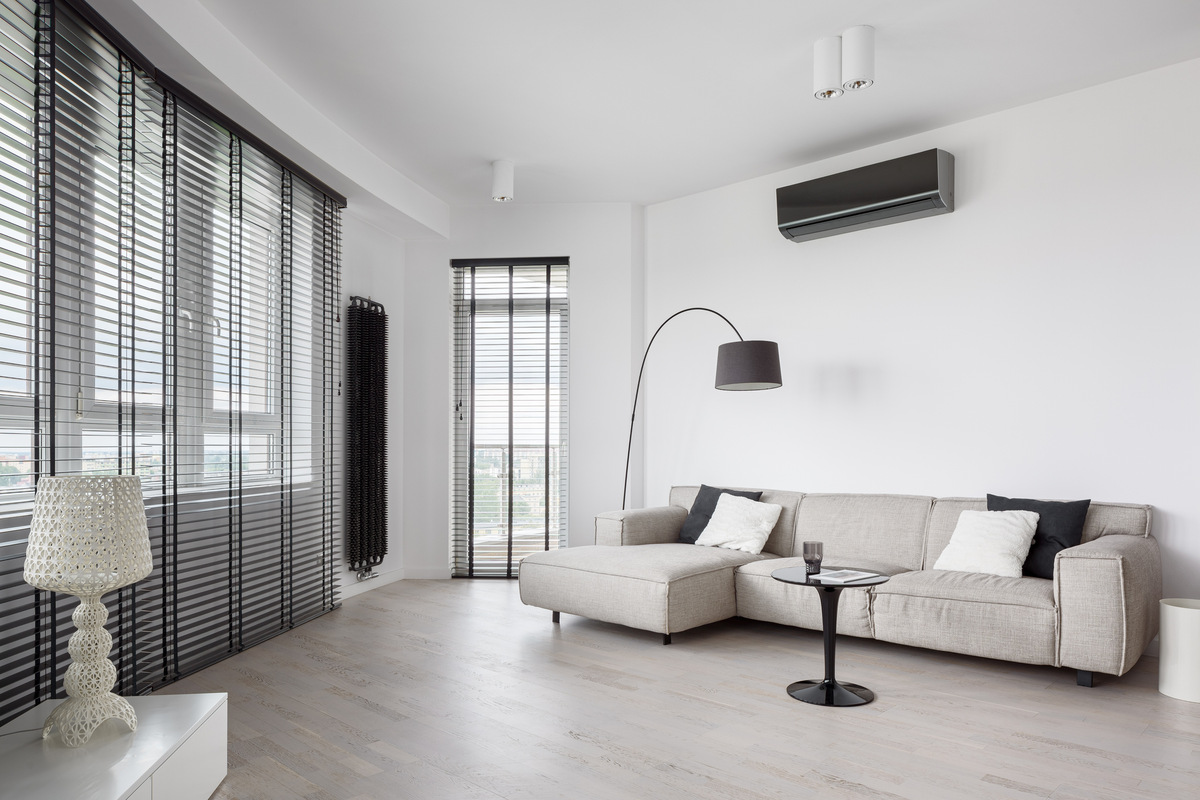

Home Maintenance
How Much Does Air Conditioning Cost In The UK?
Modified: March 6, 2024
Find out the average cost of air conditioning installation for your home in the UK. Get expert advice on home maintenance and compare prices.
(Many of the links in this article redirect to a specific reviewed product. Your purchase of these products through affiliate links helps to generate commission for Storables.com, at no extra cost. Learn more)
Introduction
Welcome to our comprehensive guide on air conditioning costs in the UK. When the summer heat sets in, having a reliable and efficient air conditioning system becomes essential for keeping your home cool and comfortable. However, before investing in an air conditioner, it’s important to understand the various factors that can impact the overall cost.
In this article, we will delve into the different aspects of air conditioning expenses, including installation costs, running costs, and maintenance and repair costs. By gaining a deeper understanding of these factors, you will be better equipped to make informed decisions about your air conditioning needs and budget.
Whether you are considering installing air conditioning for the first time or upgrading your existing system, this guide will provide you with valuable insights to help you navigate through the cost considerations.
So, let’s dive in and explore the factors that can influence air conditioning costs in the UK.
Key Takeaways:
- Choosing the right air conditioning system for your space and considering factors like energy efficiency and installation complexity can help you manage costs effectively and stay cool in the UK.
- Regular maintenance, smart controls, and exploring government incentives can contribute to long-term savings and comfort with your air conditioning investment in the UK.
Read more: How Much Does Ducted Air Conditioning Cost
Factors Affecting Air Conditioning Costs
When it comes to determining the cost of air conditioning in the UK, there are several key factors to consider. Understanding these factors will give you a clearer picture of what to expect in terms of expenses. Let’s take a closer look at them:
- Size of the Space: The size of the area you need to cool plays a significant role in air conditioning costs. Larger spaces typically require more powerful and larger capacity units, which can be more expensive.
- Energy Efficiency: Opting for energy-efficient air conditioning systems can result in lower running costs in the long run. While these units may have a higher upfront cost, they can help save on energy bills over time.
- Installation Complexity: The complexity of the installation process can affect the overall cost. Factors such as the accessibility of the location, existing ductwork, and electrical requirements can impact the installation expenses.
- Brand and Quality: Different brands offer a wide range of air conditioning units, varying in quality and price. Higher-quality units from reputable brands may come with a higher price tag but often provide better efficiency and durability.
- Additional Features: Some air conditioning units come with extra features like remote control, programmable timers, and smart functionalities. While these features can enhance convenience, they may also increase the cost.
- Region: The cost of air conditioning can also vary depending on the region and local market conditions. Factors such as labor costs, availability of technicians, and competition can influence the overall expenses.
Keep in mind that these factors can interact with each other, so it’s important to consider them collectively when estimating air conditioning costs. Now that we have explored the factors affecting air conditioning expenses, let’s move on to the different types of air conditioning systems available in the UK.
Types of Air Conditioning Systems
When it comes to air conditioning, there are several types of systems available, each with its own advantages and considerations. Let’s take a look at the most common types of air conditioning systems in the UK:
- Window Air Conditioners: Window air conditioners are self-contained units that are installed in an open window or a specially designed opening in a wall. They are typically suitable for cooling individual rooms or small spaces. Window air conditioners are relatively affordable and easy to install, making them a popular choice for those on a budget or in rented accommodations. However, they may not be the most energy-efficient option and can obstruct the view from the window.
- Split Air Conditioners: Split air conditioners consist of two main components: an indoor unit and an outdoor unit. The indoor unit is mounted on a wall or ceiling, while the outdoor unit is placed outside the building. Split systems are able to cool multiple rooms or larger open spaces efficiently. They offer a quieter operation and better energy efficiency compared to window units. Split air conditioners are a popular choice for residential properties and small commercial spaces.
- Multi-Split Air Conditioners: Multi-split air conditioning systems are similar to split systems, but with the capability to connect multiple indoor units to a single outdoor unit. This allows for individual temperature control in different rooms or areas, making multi-split systems ideal for larger homes or commercial spaces where zoning is required. While multi-split systems can be more expensive to install, they offer flexibility and energy efficiency.
- Ducted Air Conditioning Systems: Ducted systems are designed to provide cooling throughout an entire building. They consist of a central unit that is connected to a network of ducts, distributing cool air to various rooms via vents. Ducted systems offer a discreet and efficient cooling solution, with the ability to provide zoned temperature control. They are a popular choice for larger homes, offices, and commercial buildings. However, the installation process can be more complex and expensive.
When choosing an air conditioning system, it’s important to consider factors such as the size of the space, efficiency requirements, installation feasibility, and budget. Each type of system has its own pros and cons, so be sure to assess your specific needs and consult with a professional to determine the best option for your home or business.
Now that we have covered the different types of air conditioning systems, let’s move on to discussing the costs associated with installation.
Installation Costs
The cost of installing an air conditioning system can vary depending on factors such as the type of system, the complexity of the installation, and the specific requirements of your space. Here are some key considerations when it comes to installation costs:
- Type of System: Different types of air conditioning systems have varying installation costs. Window units are generally the most affordable to install, while ducted systems tend to be the most expensive due to the extensive network of ductwork required.
- Size of the Space: The size of the area you need to cool will impact the installation cost. Larger spaces may require multiple indoor units for split or multi-split systems, which can increase the installation expenses.
- Location and Accessibility: The accessibility of your space and the location of the chosen air conditioning unit can affect the installation cost. If installation requires special equipment or modifications, additional charges may apply.
- Ductwork: If you opt for a ducted system, the installation cost will include the cost of installing the necessary ductwork. The complexity of the ductwork, the number of vents required, and the materials used will impact the installation expenses.
- Electrical Requirements: Air conditioning systems often require specific electrical connections. If your space does not have the necessary electrical infrastructure, additional wiring and electrical work may be required, which can add to the installation costs.
- Professional Installation: Hiring a professional technician or contractor to handle the installation is highly recommended to ensure the system is set up correctly. The cost of professional installation will vary depending on factors such as location, labor rates, and the complexity of the installation.
It’s important to note that while installation costs can add to the overall expenses, proper installation is crucial for the optimal performance and longevity of your air conditioning system. Cutting corners on installation to save costs can lead to inefficiencies and potential breakdowns down the line.
It is recommended to obtain quotes from multiple reputable installers to compare prices and services. A licensed professional will assess your space, discuss your cooling needs, and provide you with a detailed quote that includes equipment, labor, and any additional requirements.
Now that we have covered the installation costs, let’s move on to discussing the running costs of air conditioning systems in the UK.
Consider the size of the space you want to cool, as well as the energy efficiency of the unit. A smaller space may only require a portable air conditioner, while a larger space may need a central air system. Energy-efficient units may cost more upfront but can save you money on energy bills in the long run.
Running Costs
When considering the cost of air conditioning, it’s important to take into account the running costs, which include the expenses associated with energy consumption. Here are some factors that can influence the running costs of an air conditioning system:
- Energy Efficiency: The energy efficiency of the air conditioning unit plays a significant role in determining running costs. Look for units with high energy efficiency ratings, such as those with an Energy Efficiency Rating (EER) and a Seasonal Energy Efficiency Ratio (SEER). Higher-rated units are designed to consume less energy while providing optimal cooling performance.
- Usage Patterns: How frequently and for how long you utilize your air conditioning system will impact running costs. Keep in mind that the longer the system runs and the lower the temperature setting, the more energy it will consume. It may be beneficial to use programmable thermostats or timers to optimize energy usage based on your daily schedule.
- Temperature Settings: The temperature at which you set your air conditioner can affect energy consumption. Each degree lower than the ambient temperature increases energy usage. Consider setting your air conditioner to a comfortable temperature rather than excessively cool to conserve energy and reduce costs.
- Insulation and Sealing: Proper insulation and sealing of your home or space can contribute to energy efficiency. Good insulation helps retain cooled air inside and prevents external heat from entering. Ensure that windows, doors, and any potential air leaks are properly sealed to minimize energy wastage.
- Maintenance: Regular maintenance is crucial for the efficient operation of an air conditioning system. Dirty filters, clogged coils, and other maintenance issues can reduce airflow and strain the system, leading to increased energy consumption. Keeping your system clean and well-maintained can help optimize its performance and reduce running costs.
It’s worth noting that running costs can vary based on electricity rates in your area. Be sure to check the cost of electricity per kilowatt-hour (kWh) to estimate the ongoing expenses accurately.
When selecting an air conditioning unit, consider the long-term energy savings and overall efficiency to minimize running costs. Investing in an energy-efficient system may initially have a higher upfront cost but can lead to significant savings over time on your energy bills.
Now that we have explored the running costs of air conditioning systems, let’s move on to discussing the costs associated with maintenance and repairs.
Maintenance and Repair Costs
Maintenance and occasional repairs are necessary to ensure that your air conditioning system continues to operate efficiently and reliably. Here are some key points to consider regarding the maintenance and repair costs:
- Regular Maintenance: Regular maintenance is essential for optimal performance and to prevent potential breakdowns. This includes tasks such as cleaning or replacing filters, checking refrigerant levels, lubricating moving parts, and inspecting electrical connections. Hiring a professional for annual maintenance can typically cost anywhere from £100 to £200, depending on the complexity of the system.
- Filter Replacement: Air filters should be routinely cleaned or replaced to ensure efficient airflow and good air quality. The cost of replacement filters can vary depending on the type and brand, ranging from a few pounds to around £50. The frequency of replacement will depend on factors such as the type of filter and the level of pollutants in your area.
- Refrigerant Recharge: If your air conditioning system requires a refrigerant recharge due to a leak or insufficient cooling, this can incur additional costs. The cost of a refrigerant recharge typically ranges from £100 to £300, depending on the type of refrigerant and the complexity of the system.
- Repairs: In the event of a malfunction or breakdown, repairs may be necessary to restore the functionality of the air conditioning system. The cost of repairs will depend on the specific issue, the parts required, and the labor involved. Simple repairs can cost as little as £50, while more complex issues may require several hundred pounds or more.
- Extended Warranty: Consider purchasing an extended warranty for your air conditioning system, especially for more expensive models. This can help alleviate the financial burden of unexpected repairs and provide peace of mind. Keep in mind that extended warranties may have an additional cost, but they can offer savings in the long run.
It’s important to note that regular maintenance can help prevent costly repairs by addressing issues early on and ensuring the longevity of your air conditioning system. Investing in routine maintenance and promptly addressing any repairs can save you money in the long run and extend the lifespan of your system.
Now that we have discussed the potential maintenance and repair costs, let’s move on to considering some additional factors to keep in mind when it comes to air conditioning expenses.
Additional Considerations
When estimating the cost of air conditioning in the UK, there are a few additional factors that you should keep in mind. These considerations can impact your overall expenses and the effectiveness of your air conditioning system. Let’s explore them:
- Insulation: Proper insulation in your home or space can greatly affect the efficiency of your air conditioning system. Good insulation helps in retaining cool air indoors and preventing external heat from entering. Investing in insulation can not only improve the comfort of your space but also reduce your energy consumption and ultimately lower your cooling costs.
- Smart Thermostats and Controls: Upgrading to a smart thermostat or control system can provide you with more control over your air conditioning and potentially help you save on energy costs. These intelligent devices can be programmed to adjust the temperature based on your preferences and schedule, optimizing energy usage. They may come with an additional cost, but the energy savings over time can be significant.
- Government Schemes and Incentives: Check if there are any government schemes or incentives in place that can help offset the cost of purchasing and installing energy-efficient air conditioning systems. In some cases, you may be eligible for grants or tax credits that can help reduce your expenses. Stay informed about these opportunities to take advantage of potential cost-saving initiatives.
- Long-Term Savings: Although air conditioning systems can come with initial installation costs, it’s important to consider the long-term savings they can provide. Investing in an energy-efficient system can lead to lower energy bills over time, offsetting the upfront expenses. Additionally, a well-maintained and efficient system can have a longer lifespan, saving you money on replacement costs in the future.
- Professional Advice: Consulting with an air conditioning professional can provide you with valuable insights tailored to your specific needs. They can assess your space, discuss your cooling requirements, and recommend the most suitable and cost-effective options for you. A professional can guide you through the process, helping you make informed decisions to optimize your investment.
By considering these additional factors, you can make more informed decisions about your air conditioning system, ensuring that you stay within budget and prioritize energy efficiency.
Now that we have explored the different factors affecting air conditioning costs and considered additional considerations, let’s conclude our guide on air conditioning expenses in the UK.
Conclusion
Investing in an air conditioning system in the UK can greatly enhance your comfort during the hot summer months. However, it’s important to consider the various factors that can impact the overall cost of air conditioning. By understanding these factors and making informed decisions, you can optimize your investment and manage your expenses effectively.
In this comprehensive guide, we explored the factors that can affect air conditioning costs, including the size of the space, energy efficiency, installation complexity, brand and quality, additional features, and regional factors. We also discussed the different types of air conditioning systems available in the UK, including window units, split systems, multi-split systems, and ducted systems.
We covered the installation costs, which can vary based on the type of system, space size, location, ductwork requirements, and electrical needs. Running costs were also examined, with a focus on energy efficiency, usage patterns, temperature settings, insulation, and maintenance. Additionally, we discussed the potential costs associated with maintenance and repairs, emphasizing the importance of regular maintenance and the consideration of extended warranties.
In conclusion, while air conditioning can come with upfront costs, it is important to consider the long-term benefits and savings that an efficient system can provide. By investing in an energy-efficient system, maintaining it properly, and optimizing its usage, you can enjoy a cool and comfortable environment while managing your energy expenses.
Remember to consult with professionals for personalized advice, explore government schemes or incentives, and prioritize good insulation and smart controls to make the most of your air conditioning investment. By considering all these aspects, you can make informed decisions that align with your budget, comfort needs, and sustainability goals.
We hope that this guide has provided you with valuable information and insights into the costs associated with air conditioning in the UK. Stay cool and enjoy the comfort of your air-conditioned space!
Frequently Asked Questions about How Much Does Air Conditioning Cost In The UK?
Was this page helpful?
At Storables.com, we guarantee accurate and reliable information. Our content, validated by Expert Board Contributors, is crafted following stringent Editorial Policies. We're committed to providing you with well-researched, expert-backed insights for all your informational needs.
